Many people are not sure if they can use their car’s gas in their boat, and vice versa.
It’s important to know if the gas you’re using is compatible with your engine, as using the wrong type of fuel can damage your equipment.
Is boat gas the same as car gas? The answer is… it depends! Different engines require different types of fuel, so it’s important to do your research before filling up. Luckily, Todd Vogel is here to help you.
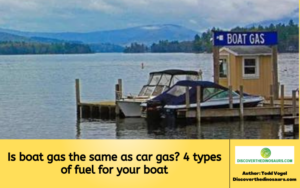
Is boat gas the same as car gas? 4 types of fuel for your boat
Is the gas used in boats different from that used in cars?
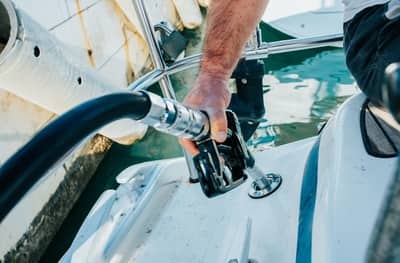
Is the gas used in boats different from that used in cars?
The quick answer is that boat gas is usually the same as car gas, but there are some important exceptions to keep in mind. Let’s take a closer look.
Gasoline is the most common fuel used in small boats. Unlike diesel fuel, which is derived from crude oil, gasoline is a refined product made up of a mixture of hydrocarbons. The main difference between the gas you put in your car and the gas you put in your boat is the octane rating.
The octane rating is a measure of how much compression the fuel can withstand before detonating. In general, higher octane fuels will resist “knocking” or “pinging” during combustion, and will therefore be less likely to cause engine damage.
While boat engines are designed to run on regular unleaded gas with an octane rating of 87, using a higher octane fuel will help to protect your engine from knocks and pings, especially under heavy loads or when the engine is running hot.
So, while you can use car gas in your boat, it’s usually best to use a fuel with a higher octane rating. Check your owner’s manual for specific recommendations.
The Various Types of Fuel Available for Your Boat

The Various Types of Fuel Available for Your Boat
The type of fuel you use in your boat depends on a number of factors, including the type of engine, the climate, and the availability of fuel. In general, gasoline is the most common fuel used in small boats. However, diesel fuel can be more efficient and may last longer. Ultimately, the best fuel for your boat depends on your specific needs and circumstances.
Gasoline
Gasoline is the most common type of fuel used in small boats. It is typically less expensive than diesel fuel and it is easy to find in most areas. Additionally, many boat engines are designed to run on regular unleaded gas with an octane rating of 87. However, using a higher octane fuel will help to protect your engine from knocks and pings, especially under heavy loads or when the engine is running hot.
Diesel Fuel
Diesel fuel is another option for powering your boat. Diesel engines are more efficient than gasoline engines, and they tend to last longer as well. However, diesel fuel can be more expensive than gasoline, and it can be difficult to find in some areas. If you do choose to use diesel fuel in your boat, be sure to use a high-quality fuel that meets the specifications set forth in your owner’s manual.
Ethanol
Yes, it is safe to run a boat on gas that contains ethanol. However, you should check your owner’s manual for specific recommendations, as some engines may not be designed to run on gasoline with ethanol. Additionally, ethanol can attract moisture, so it is important to store fuel properly and to use a fuel stabilizer if the fuel will be stored for an extended period of time.
Propane
Propane is another option for powering your boat. Propane engines are typically more efficient than gasoline engines, and they produce fewer emissions. However, propane can be more expensive than gasoline, and it can be difficult to find in some areas. If you do choose to use propane in your boat, be sure to use a high-quality fuel that meets the specifications set forth in your owner’s manual.
What kind of fuel is ideal for a boat and why?

What kind of fuel is ideal for a boat and why?
The ideal fuel for a boat depends on a number of factors, including the type of engine, the climate, and the availability of fuel. In general, gasoline is the most common fuel used in small boats. However, diesel fuel can be more efficient and may last longer. Ultimately, the best fuel for your boat depends on your specific needs and circumstances.
What exactly is meant by “marine gas fuel”?
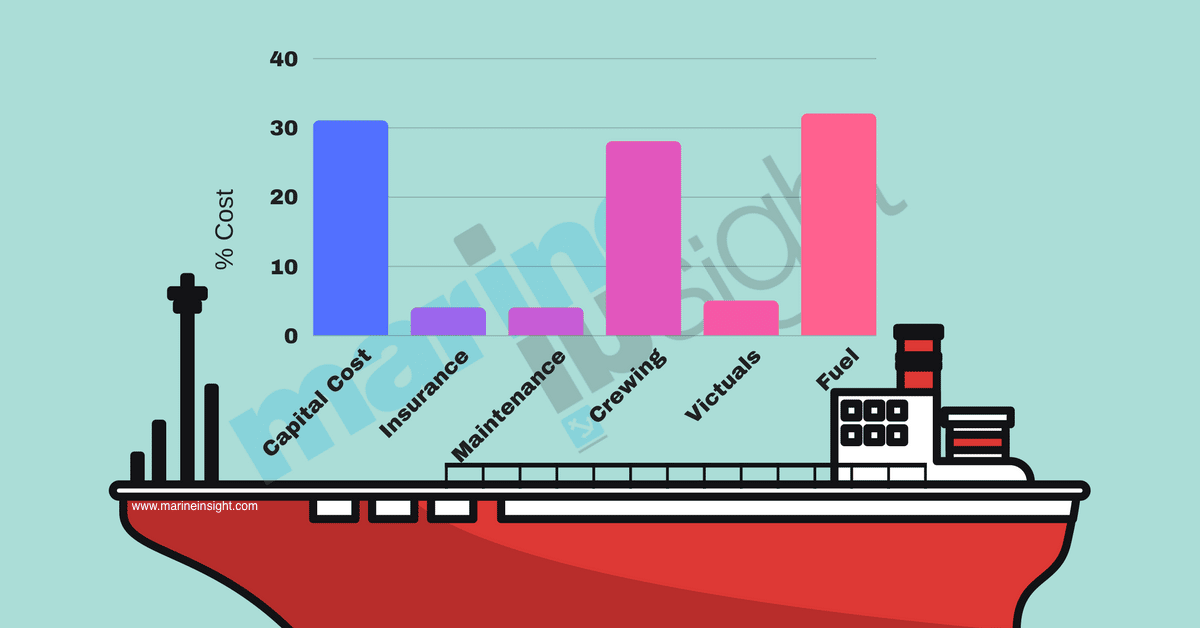
What exactly is meant by “marine gas fuel”?
There is no definitive answer to this question, as the term “marine gas fuel” can mean different things to different people. In general, marine gas fuel is a type of gasoline specifically formulated for use in boats.
F.A.Q is boat gas the same as car gas
Can you use a boat gas tank on a car?
If your boat has a gas engine, you may put the same kind of fuel in it as you would in a vehicle. You may also use the same diesel fuel in a boat if it has a diesel engine, just as you would with a vehicle. Therefore, boats often make use of the same fuel as automobiles, and the price of the fuel is the only significant difference; otherwise, everything else is same.


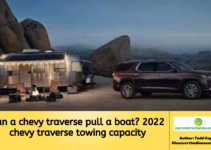
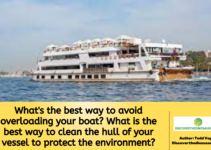
You are darn right “check your owner’s manual”!! Older outboards really need to use leaded gas and oil mix. (Evinrude and Johnson and maybe others.) You might get by on e10, but anything higher may “blow” your motor. I’ve seen it happen due to mislabeled gas, that claimed to be 10, but indeed turned out to be 20. Newer engines that run on straight gas should be fine with e10, but I’m not sure about this new e15 crap Biden is pushing on us. Personally I’d be damn careful with that stuff!!